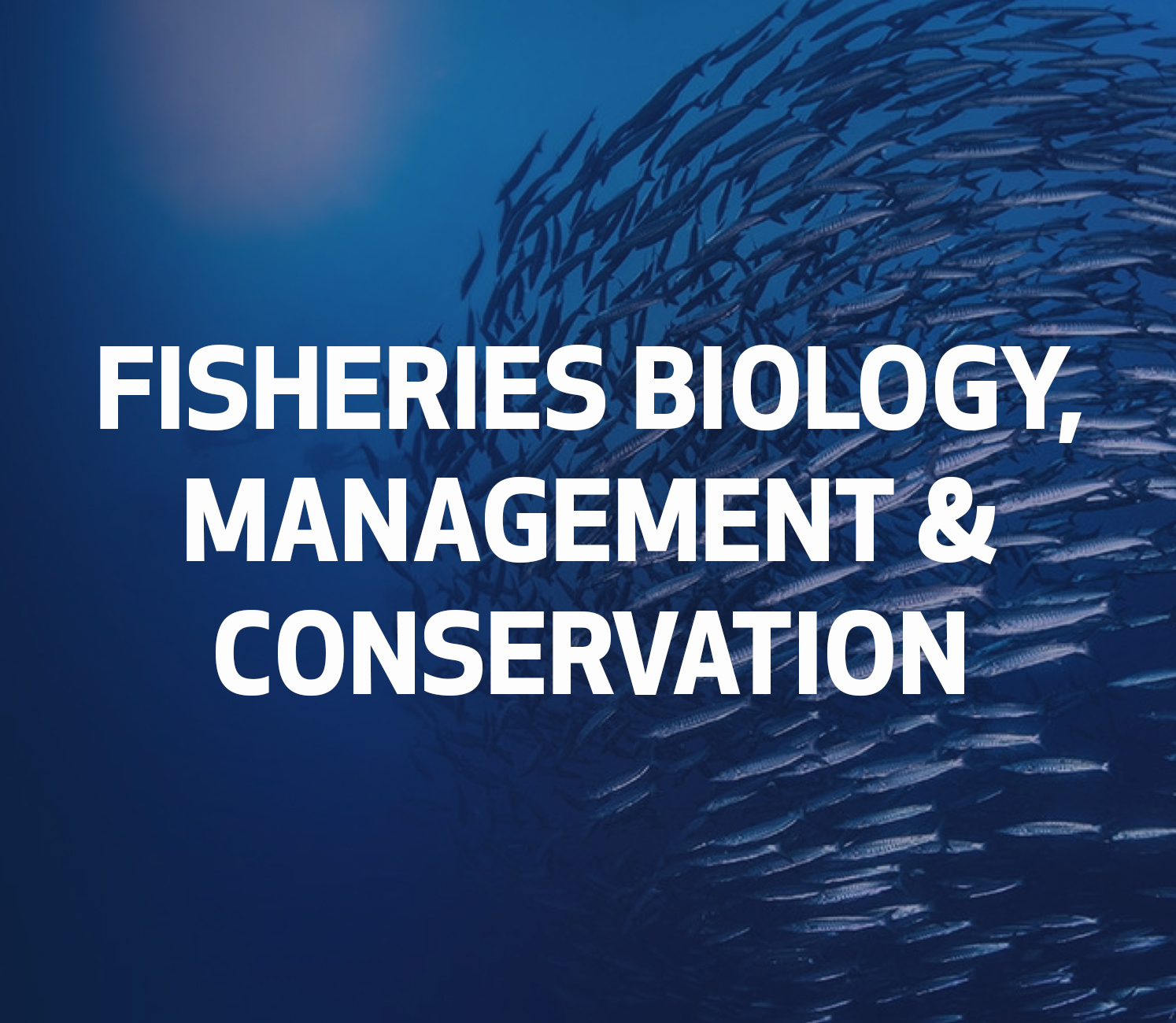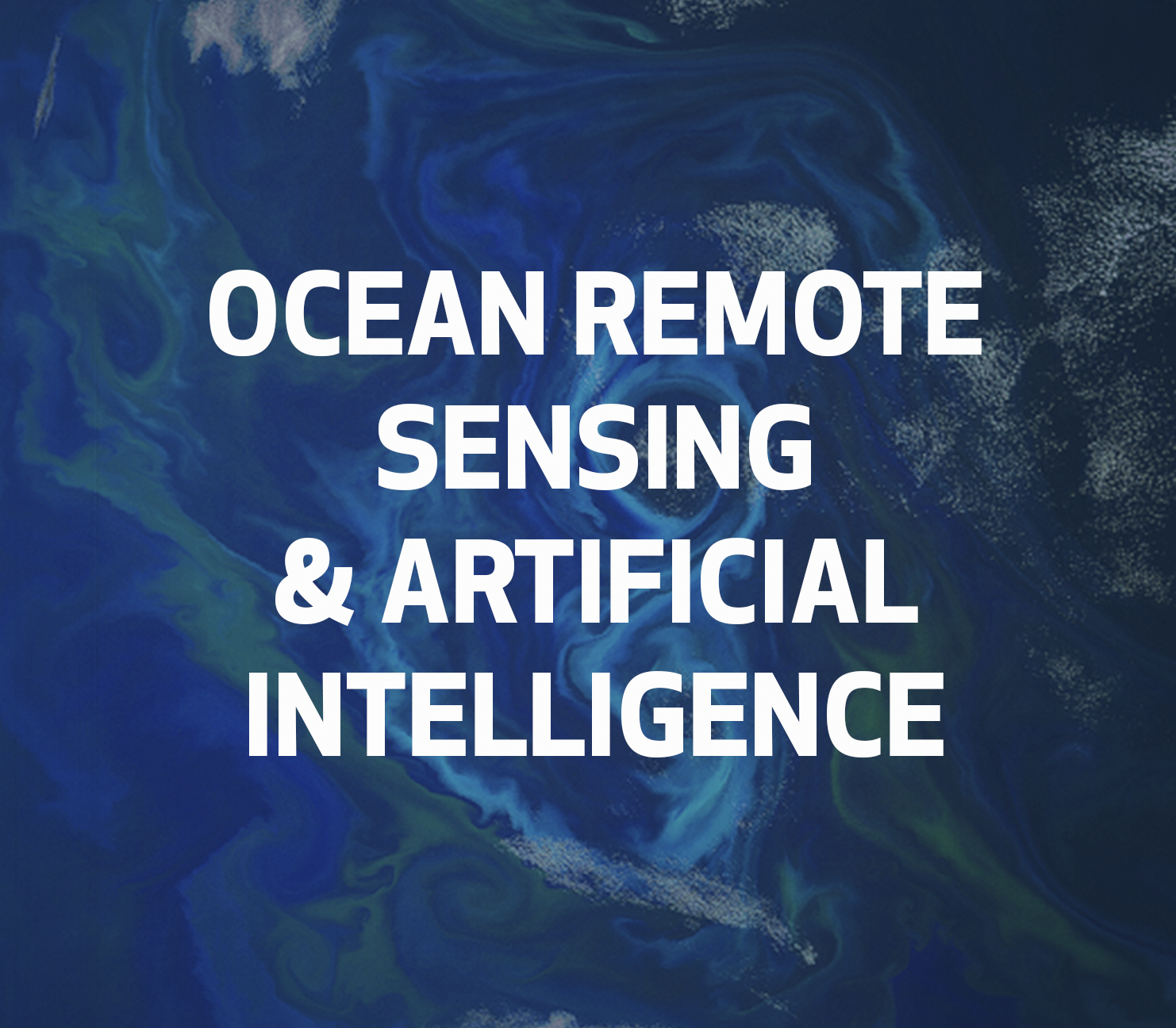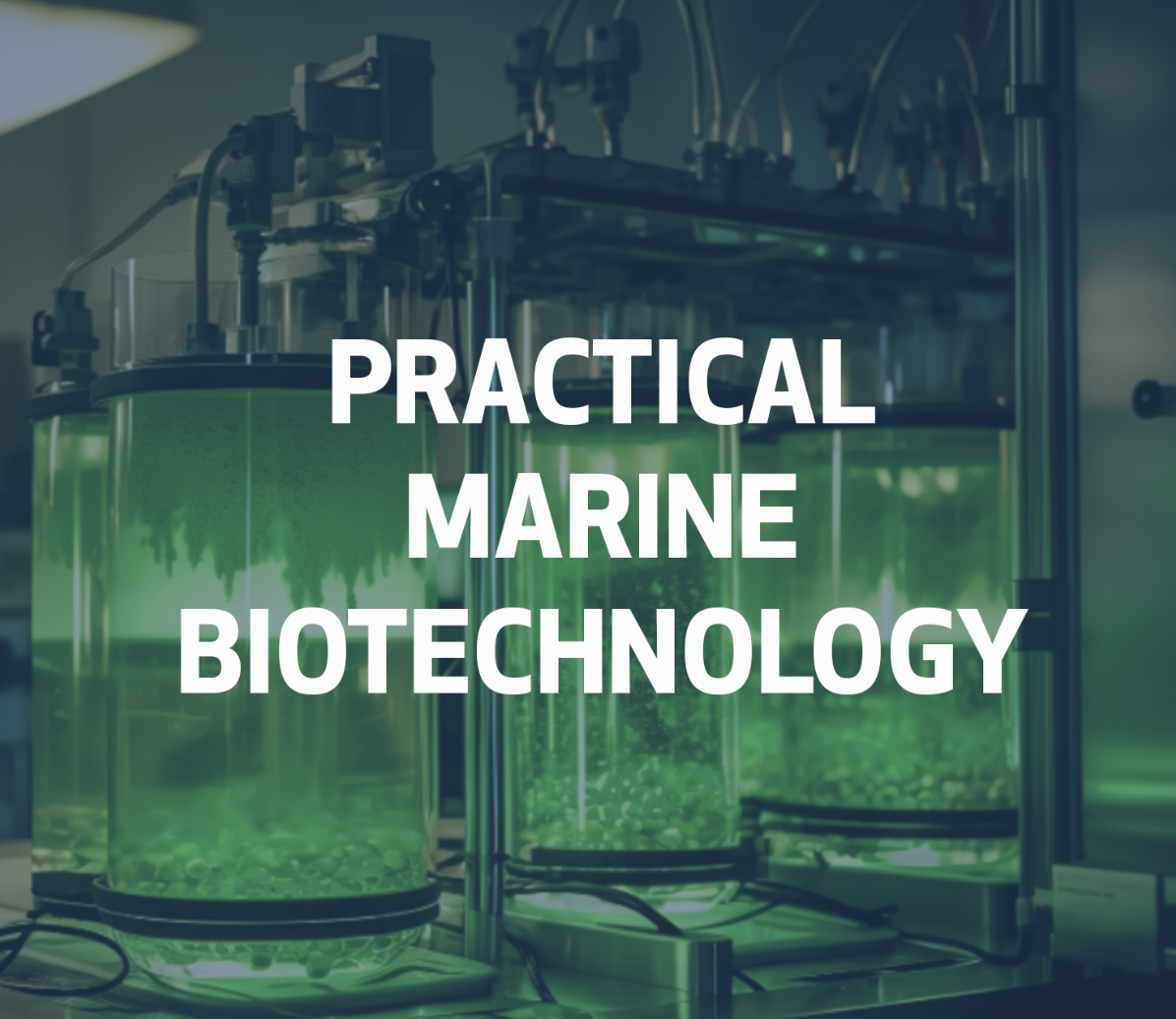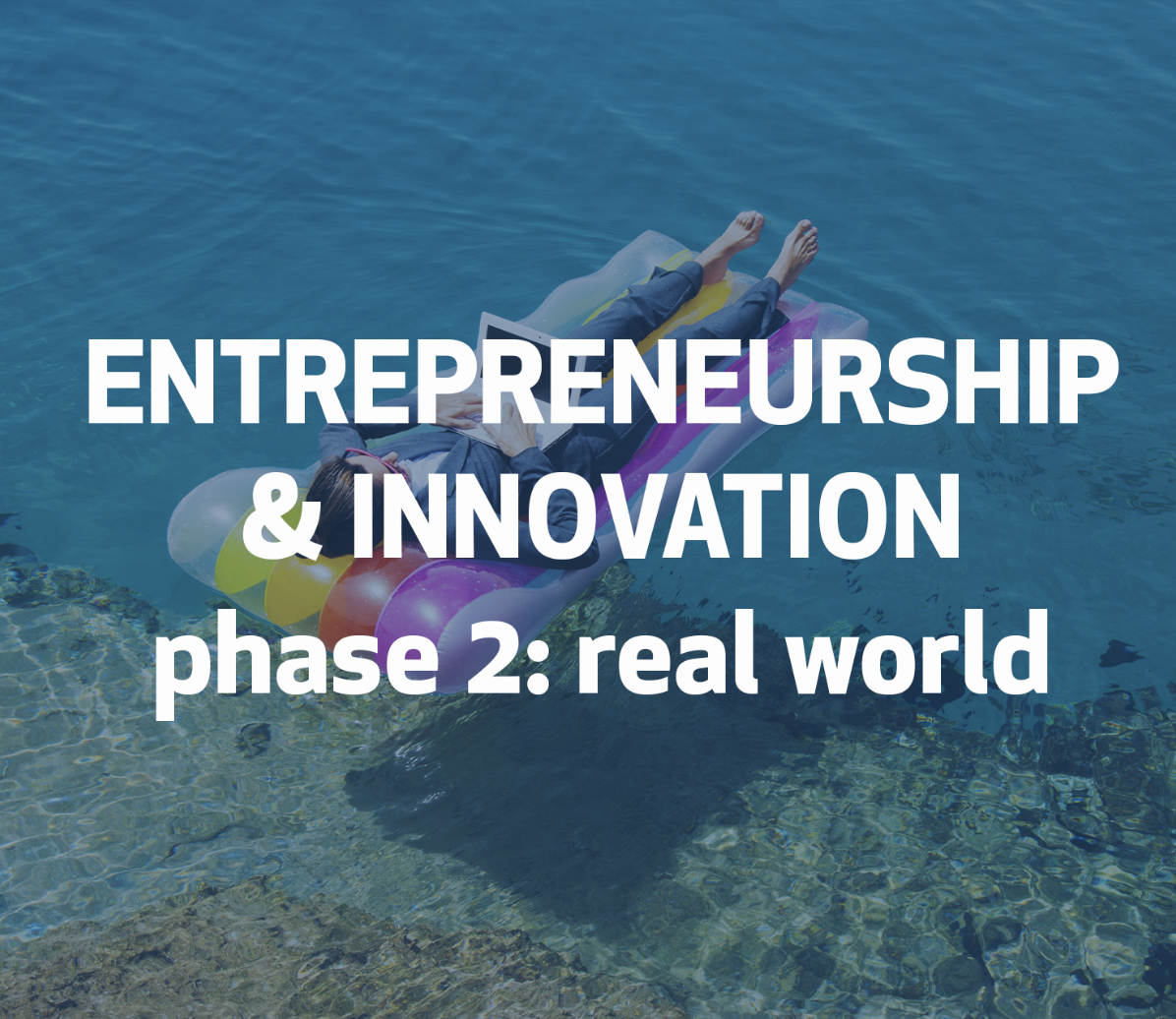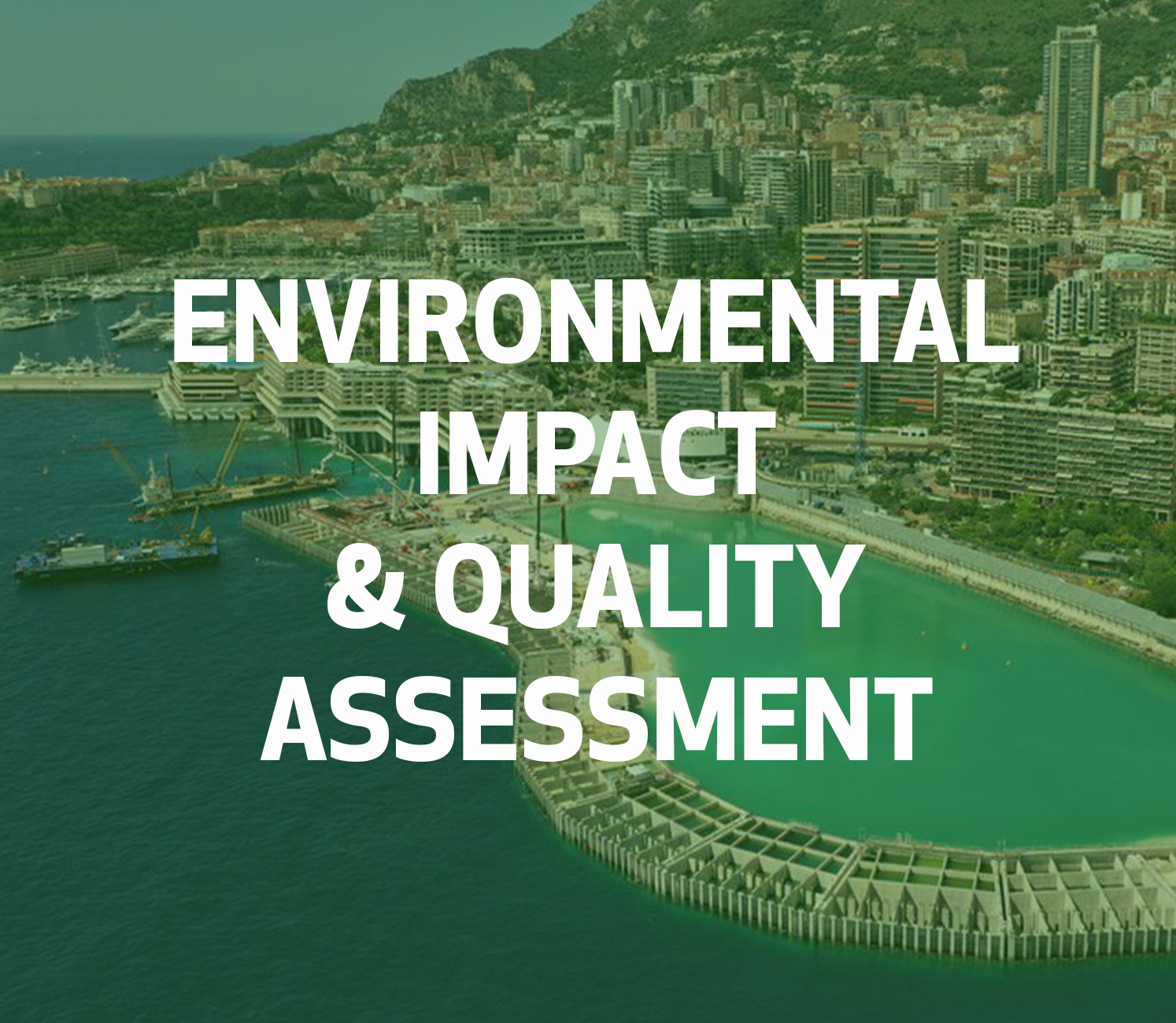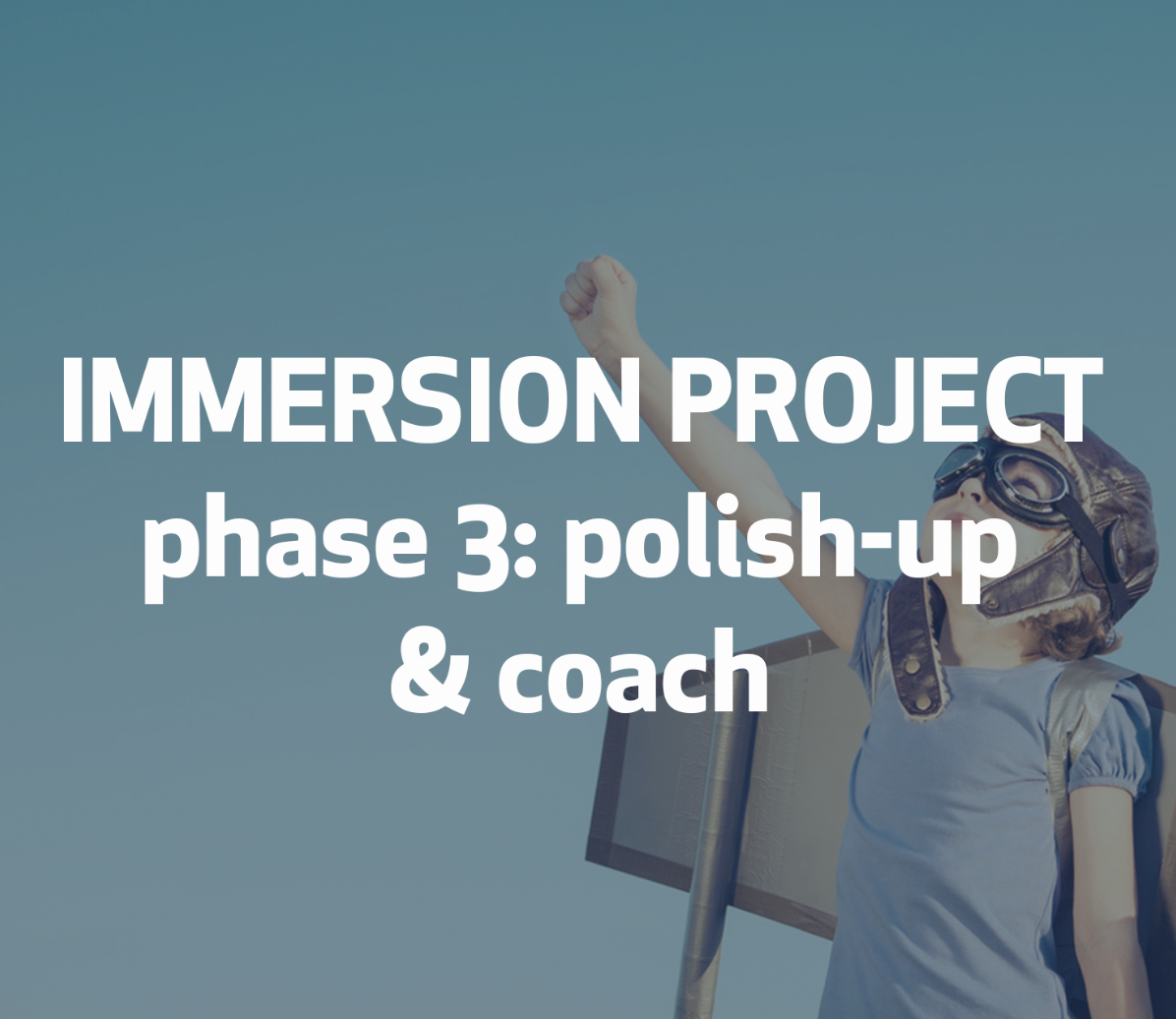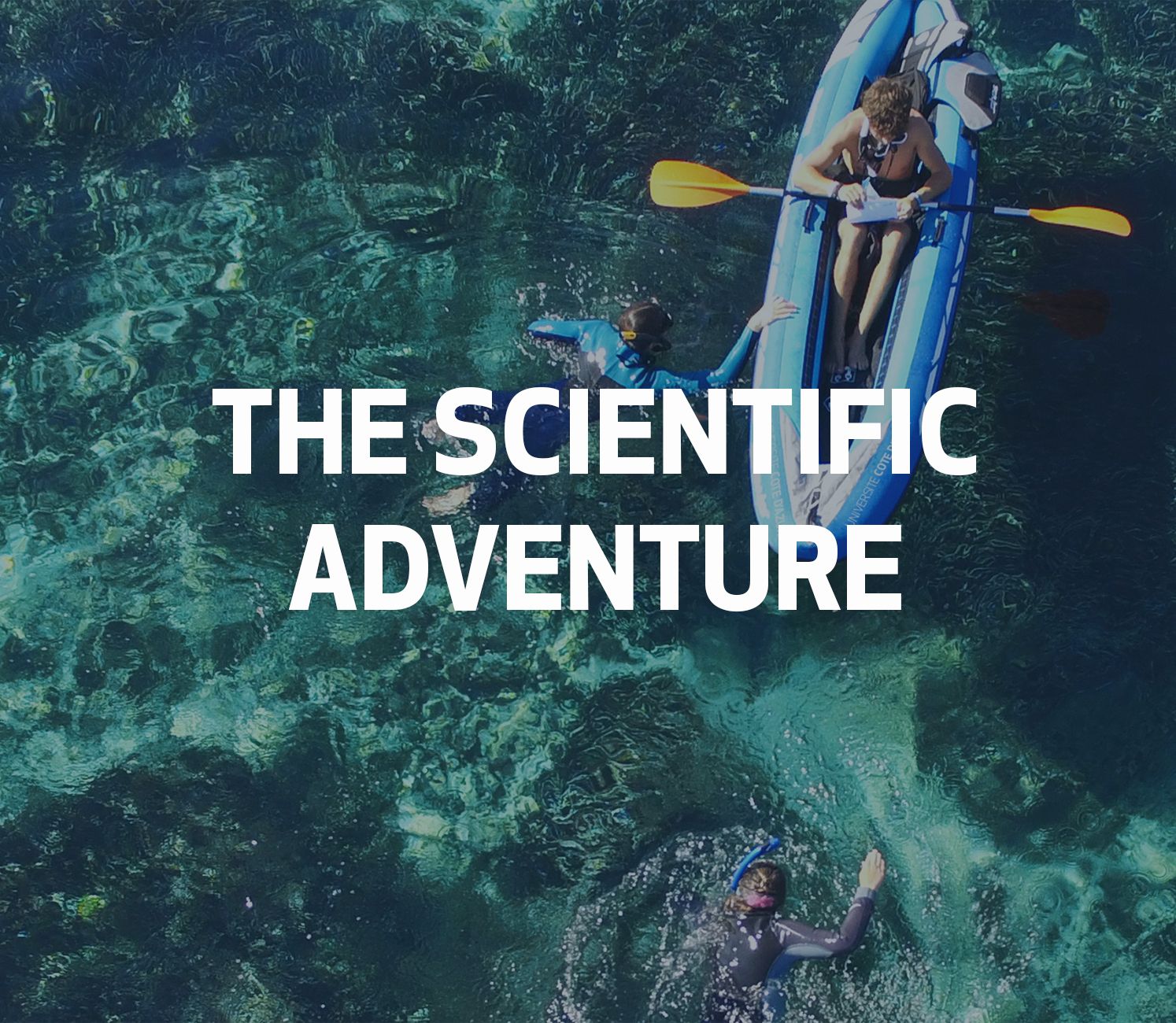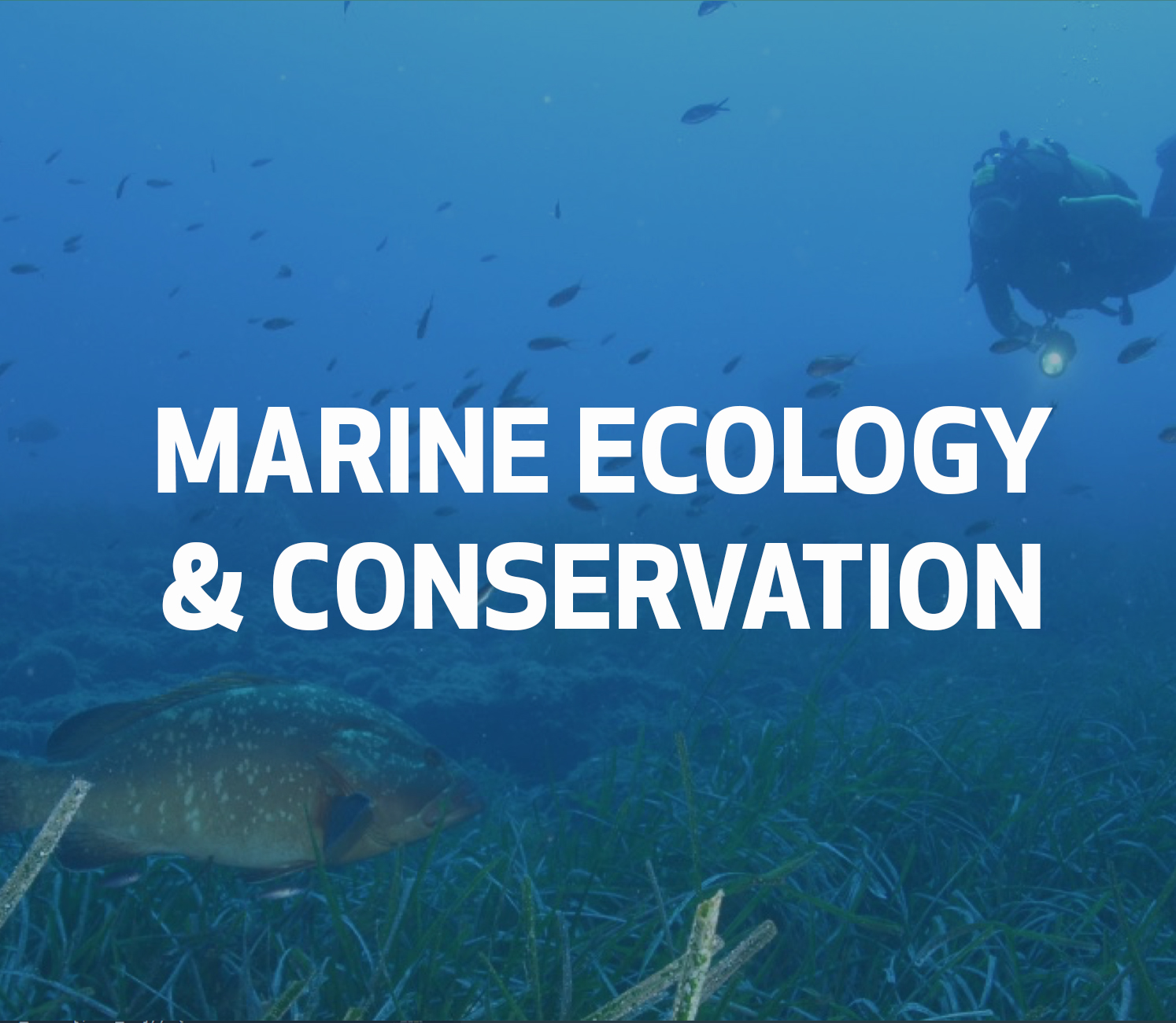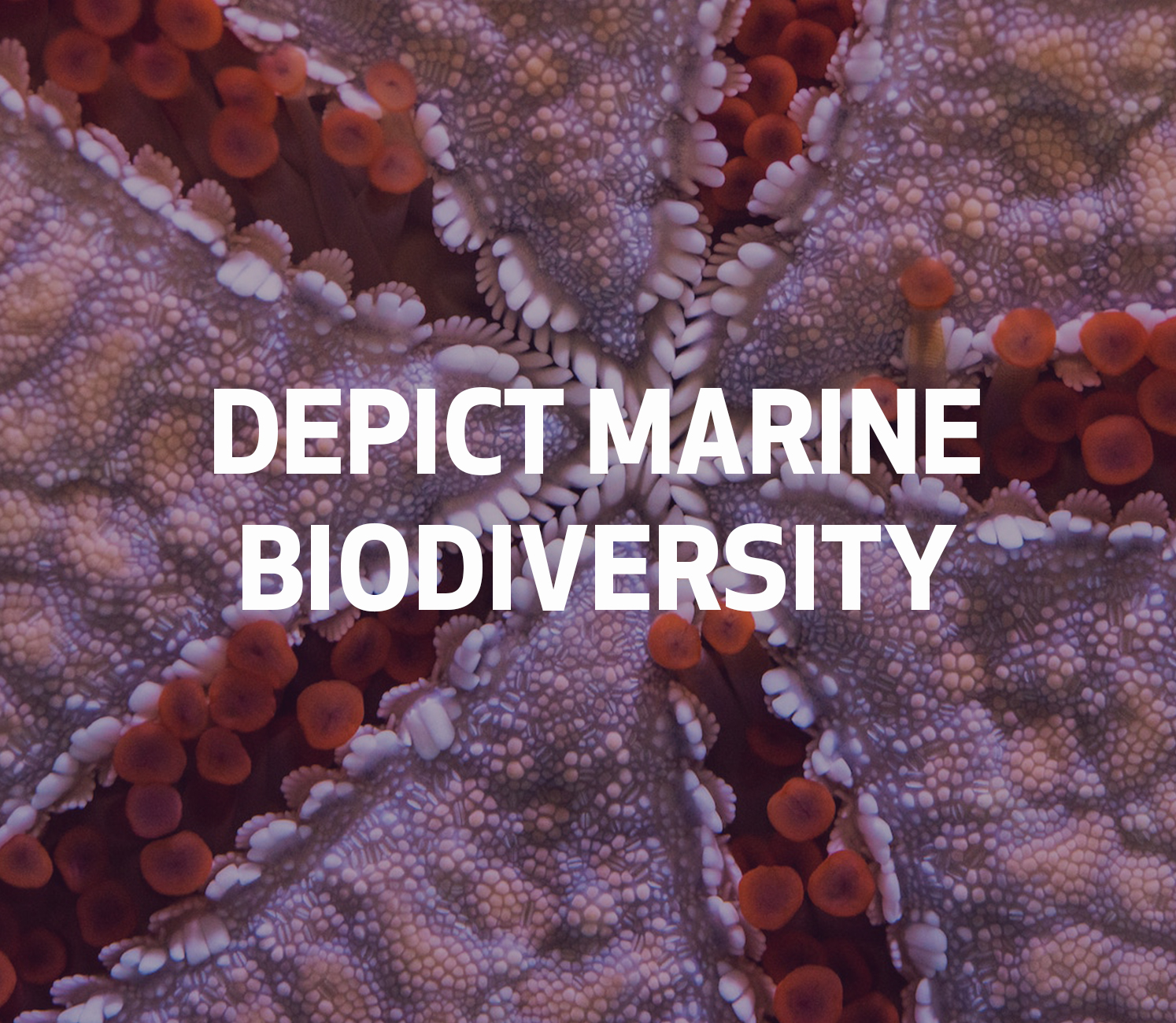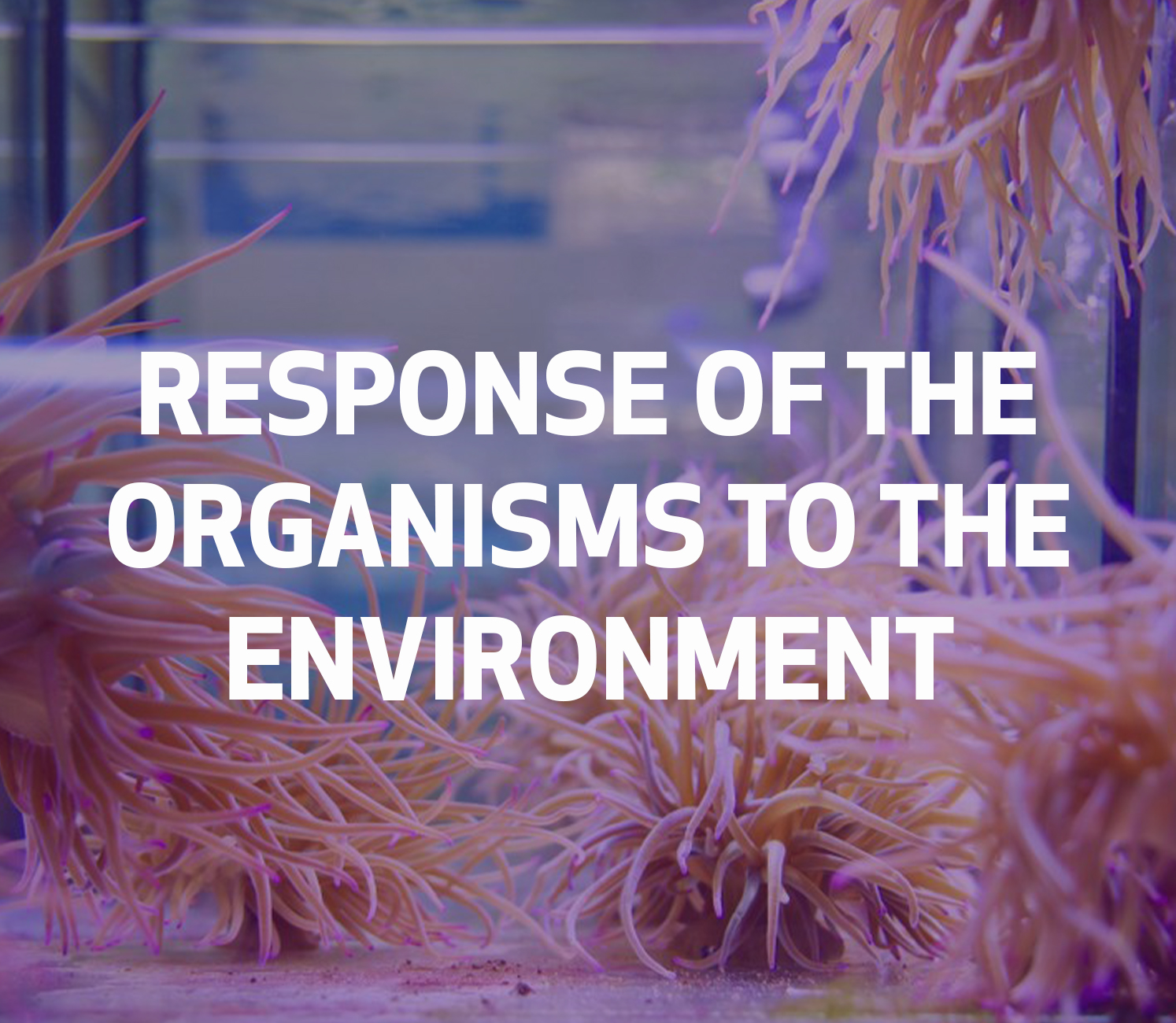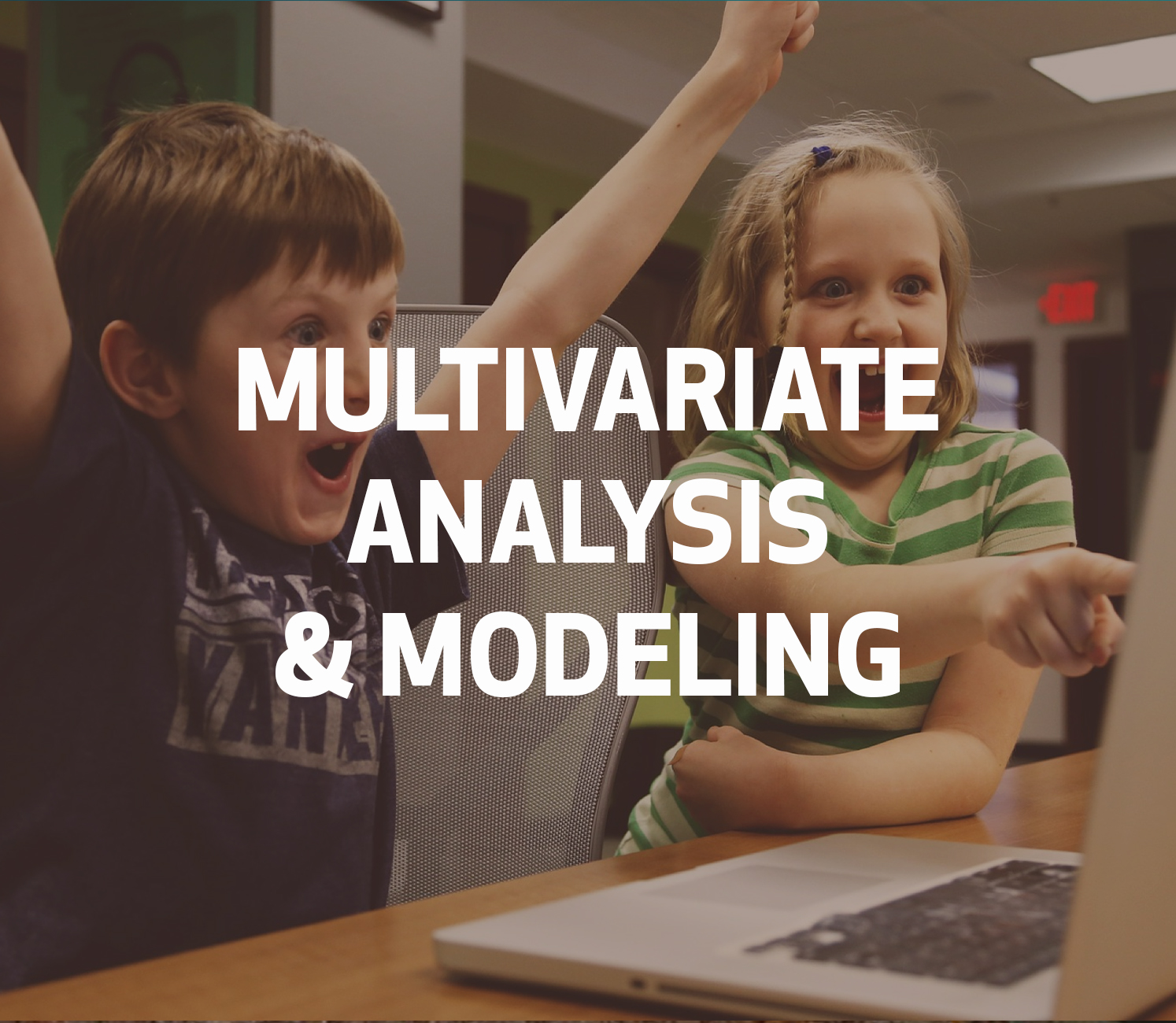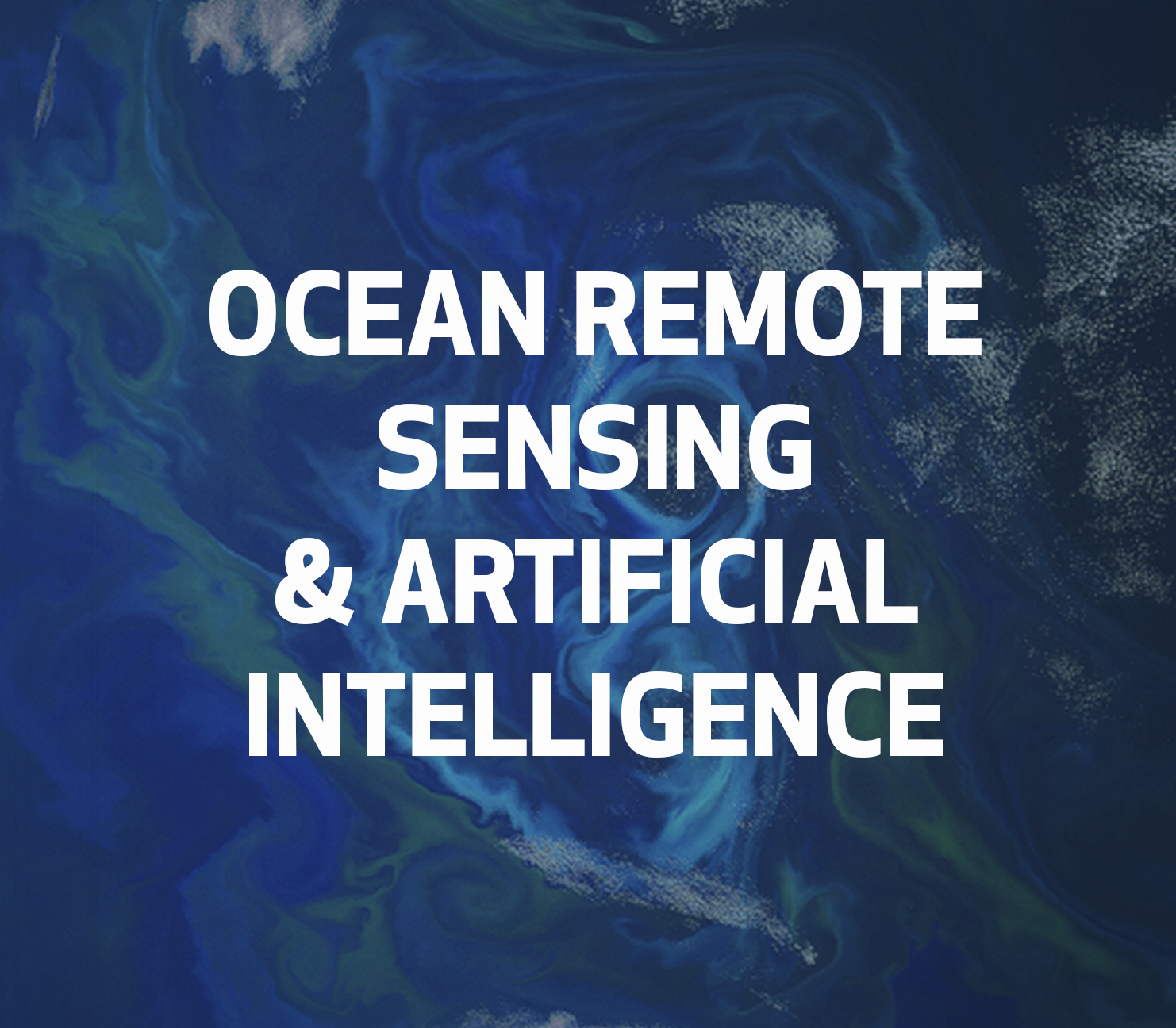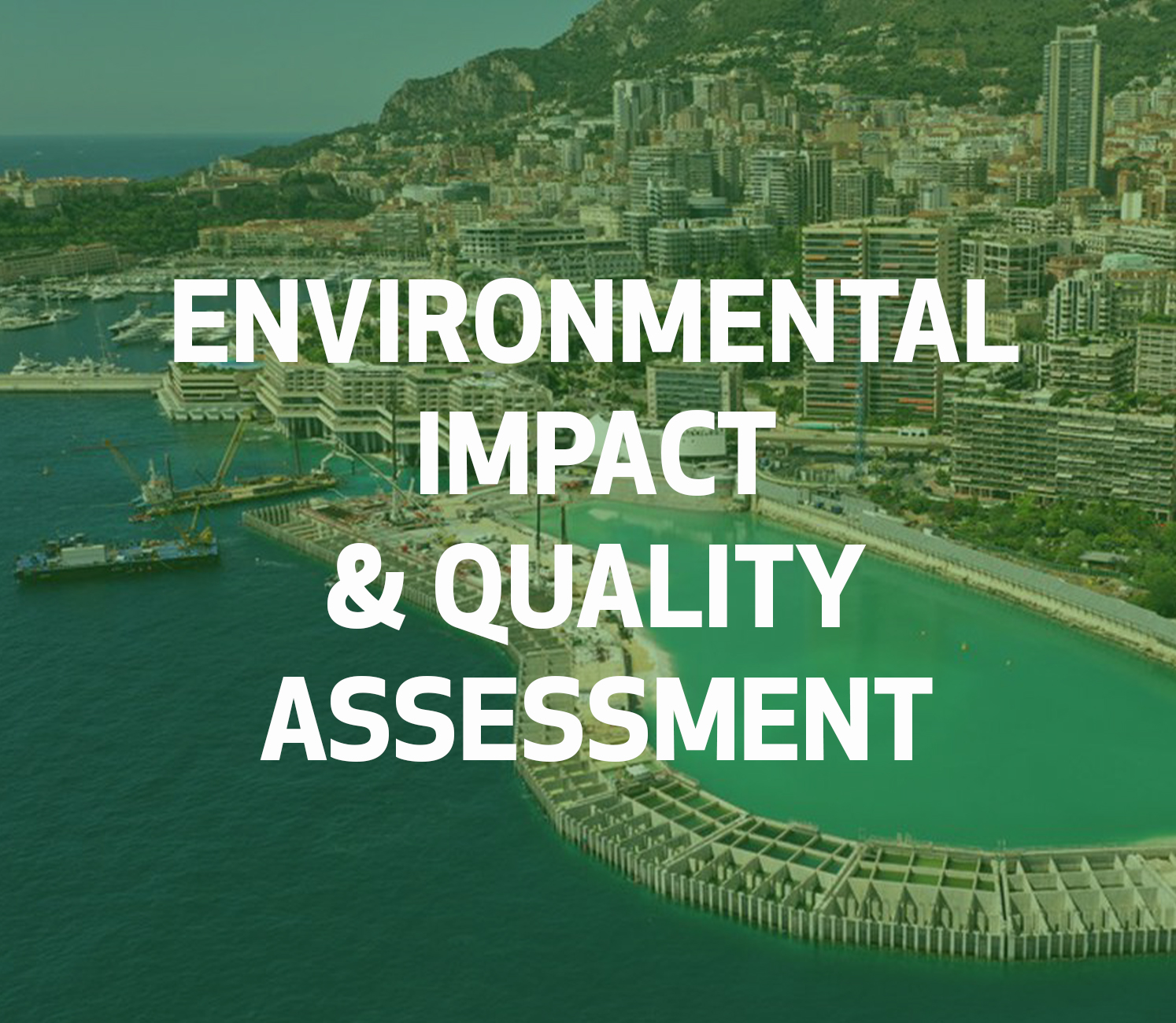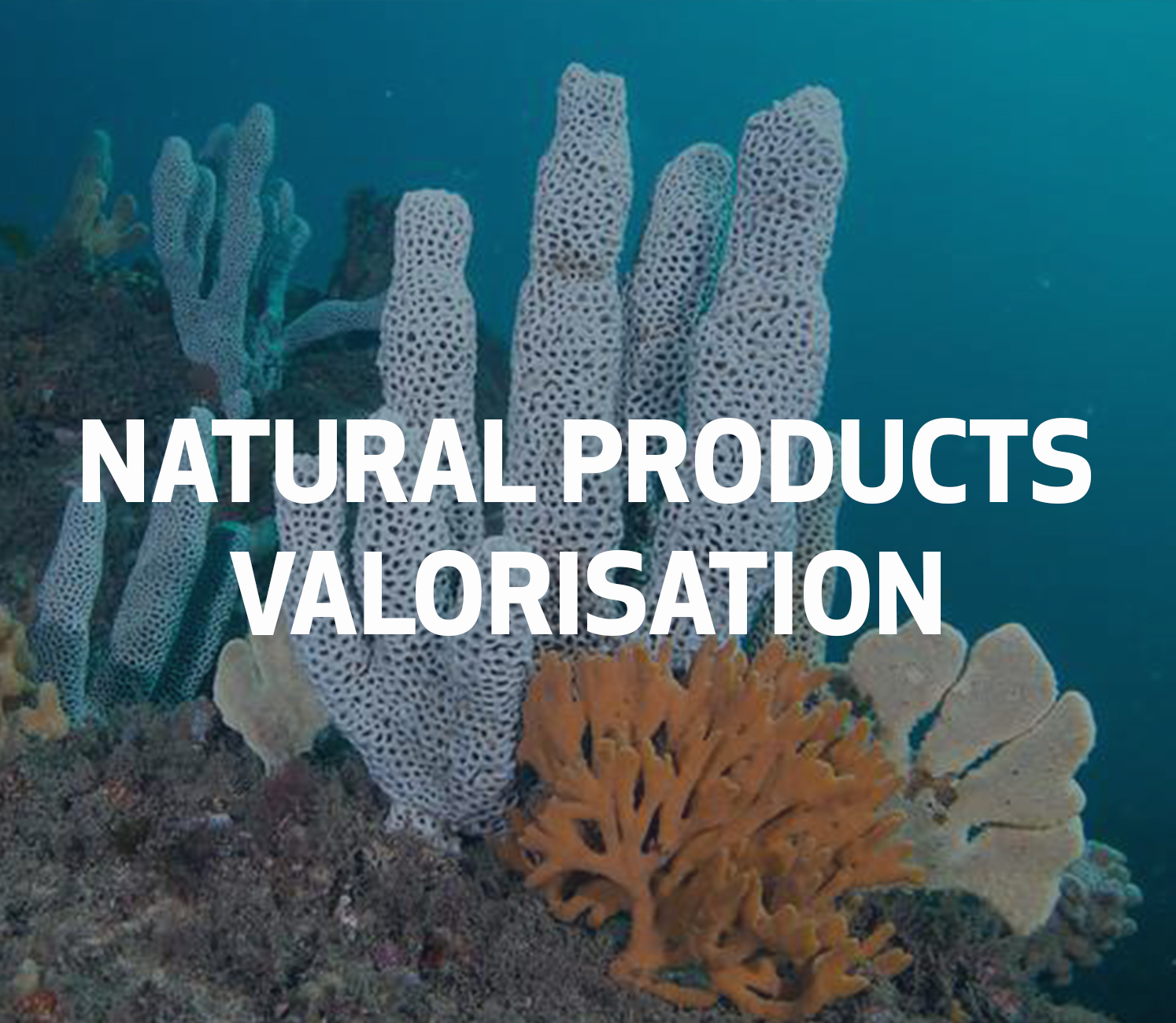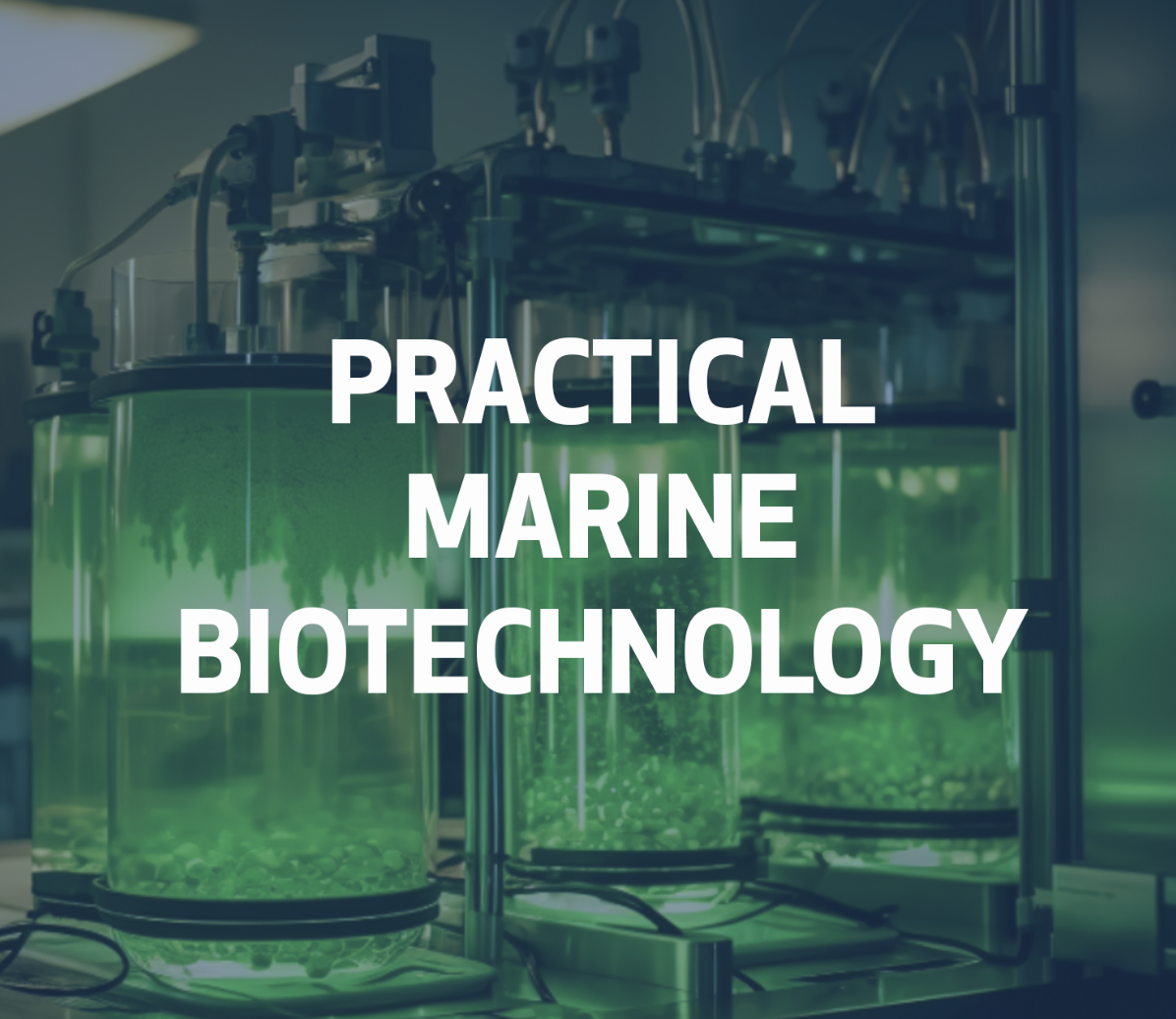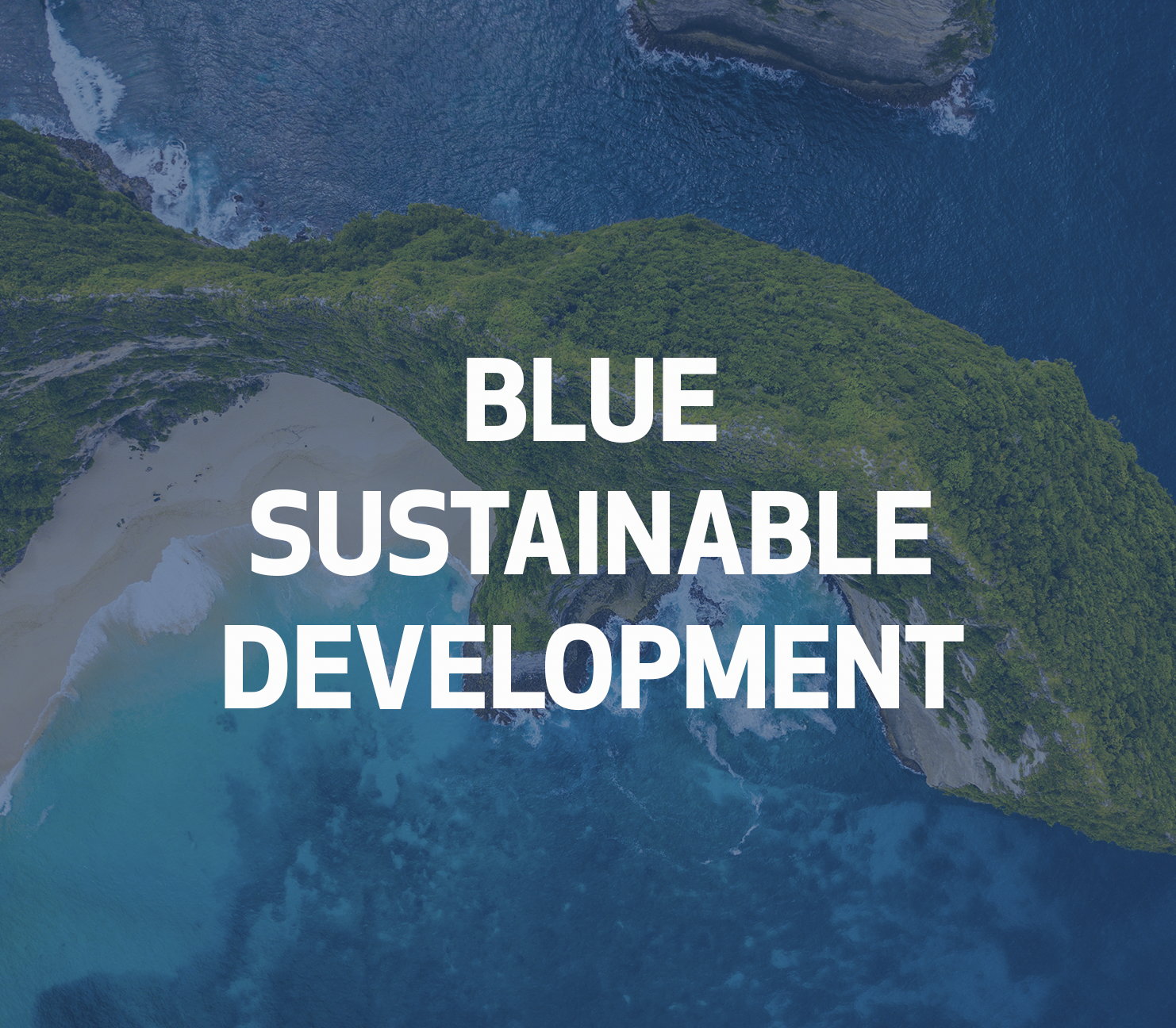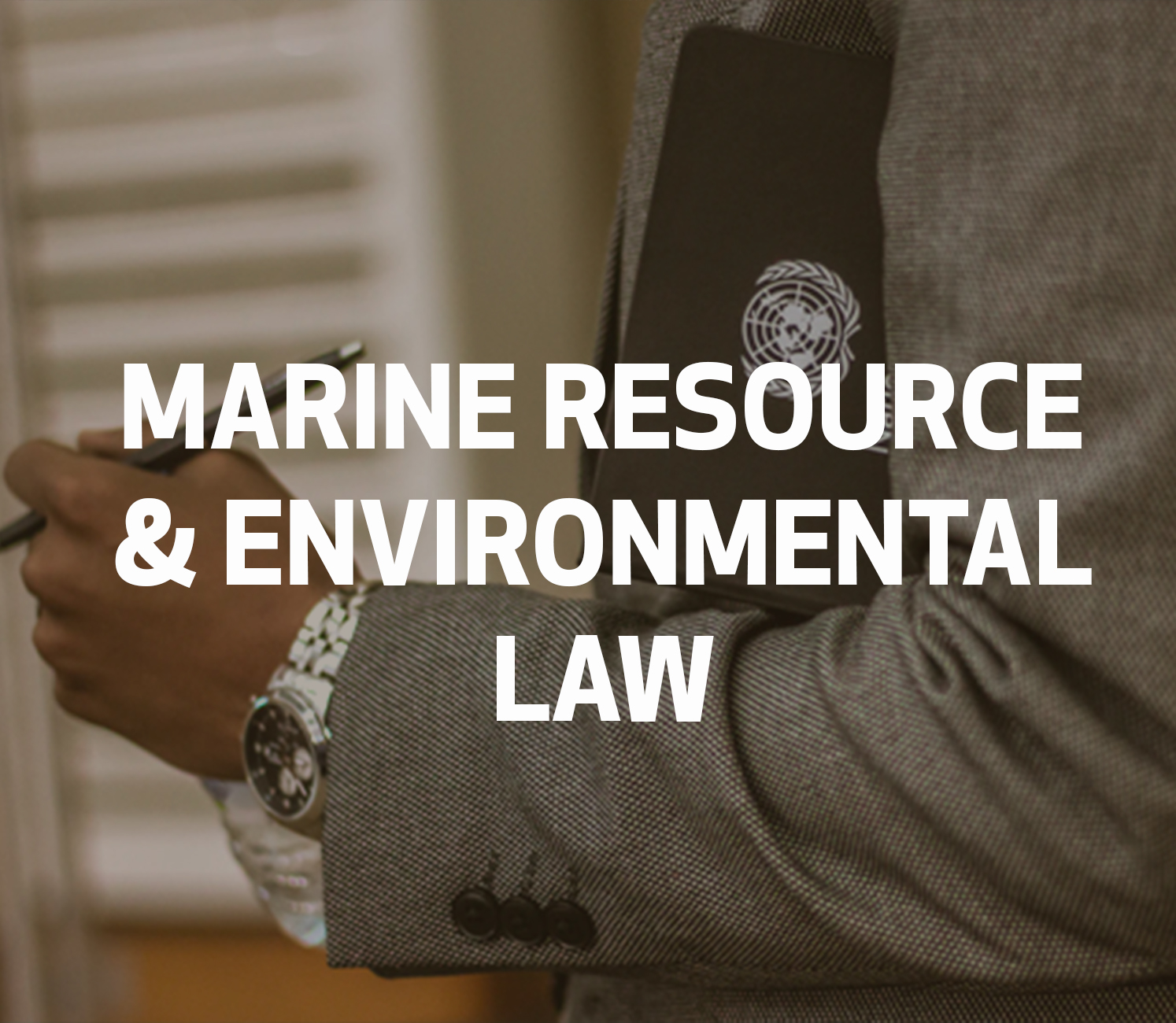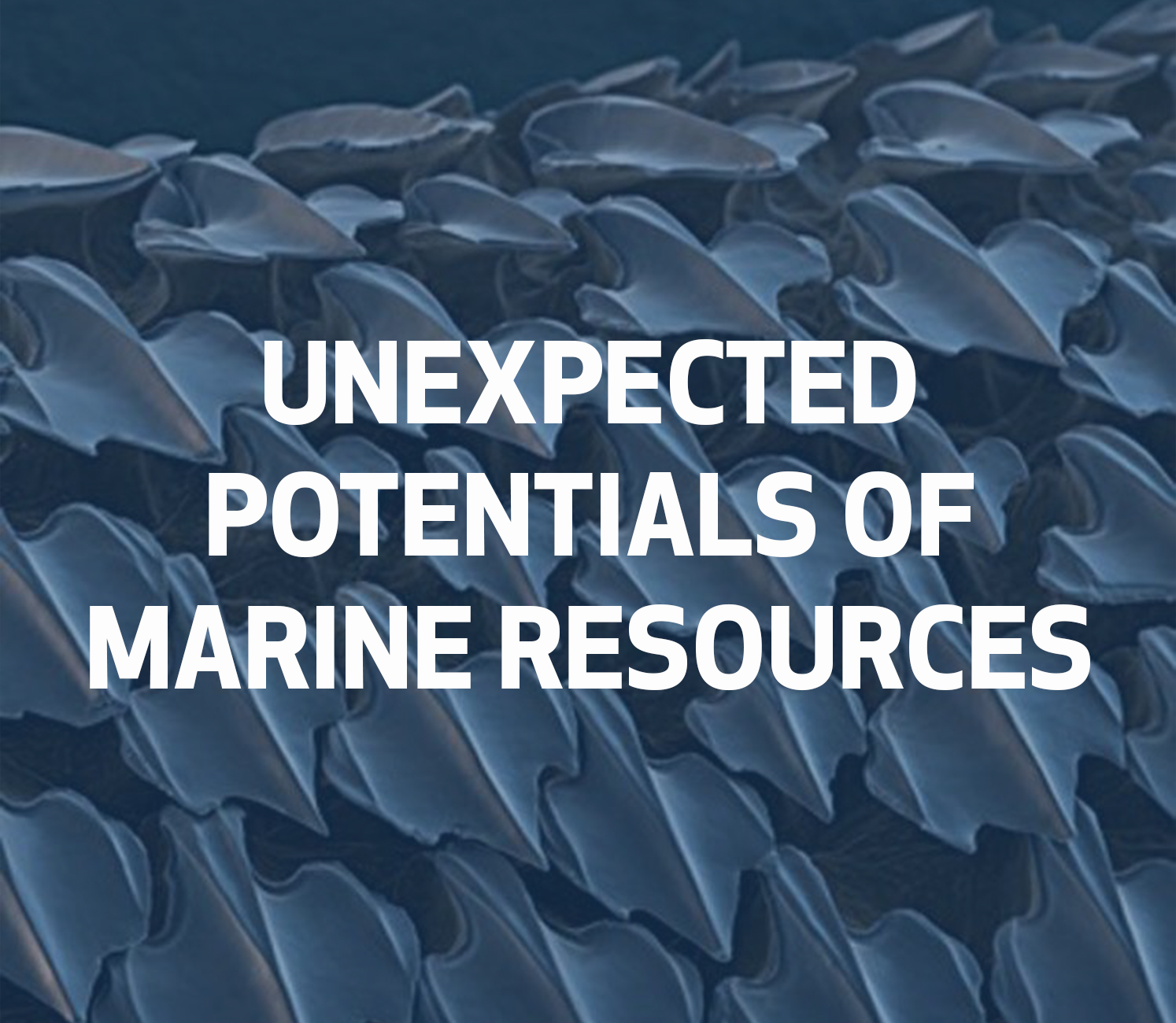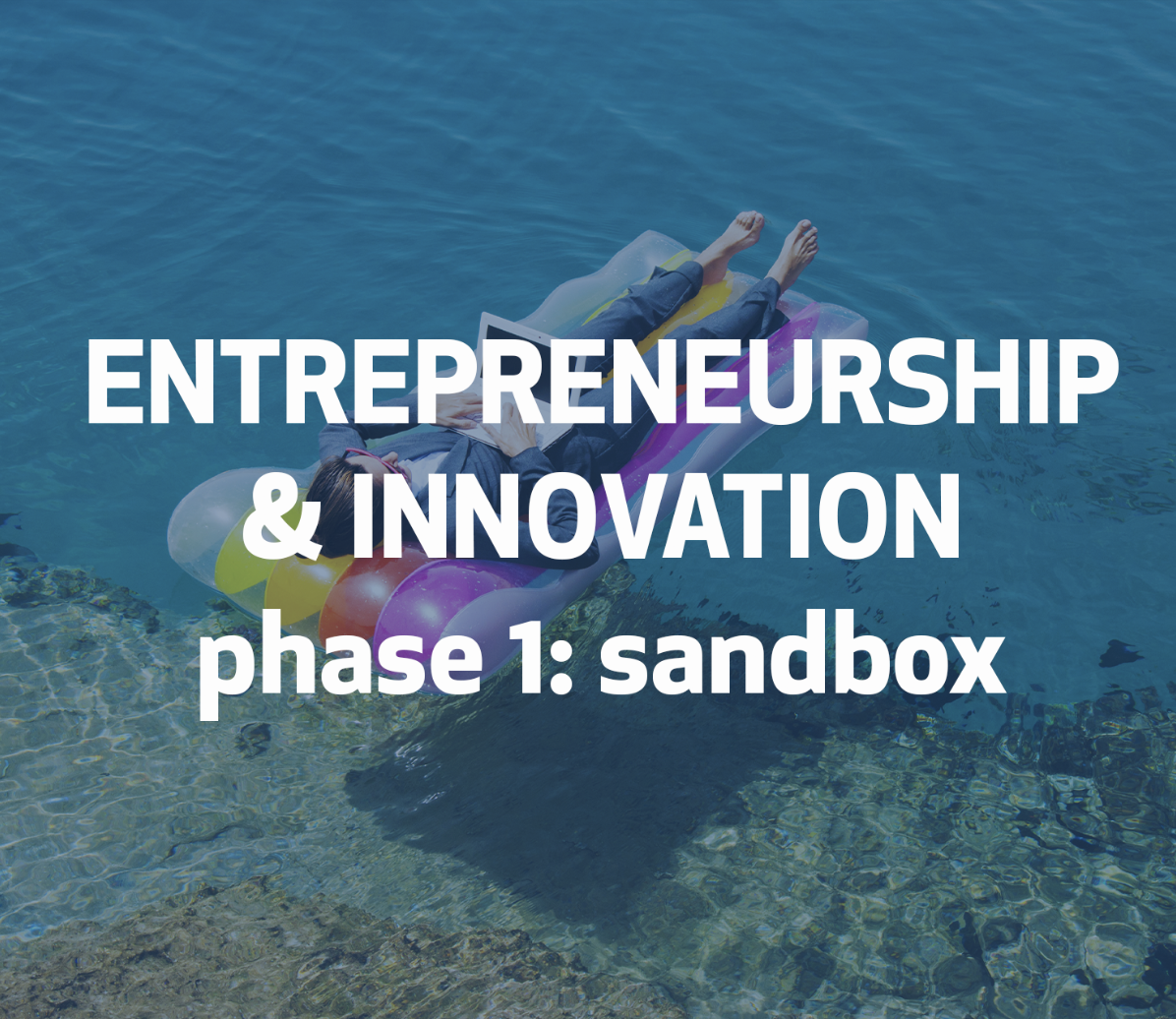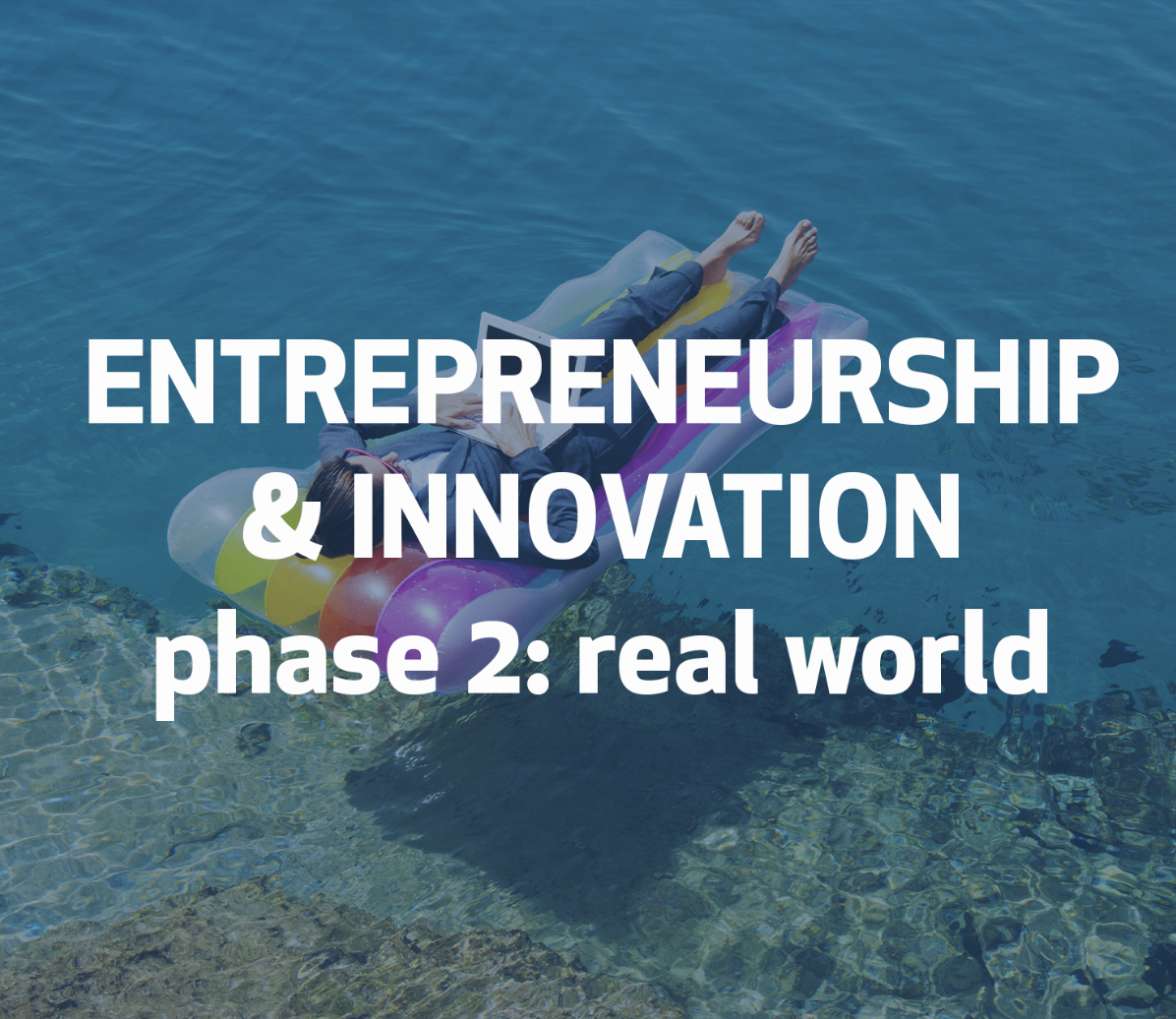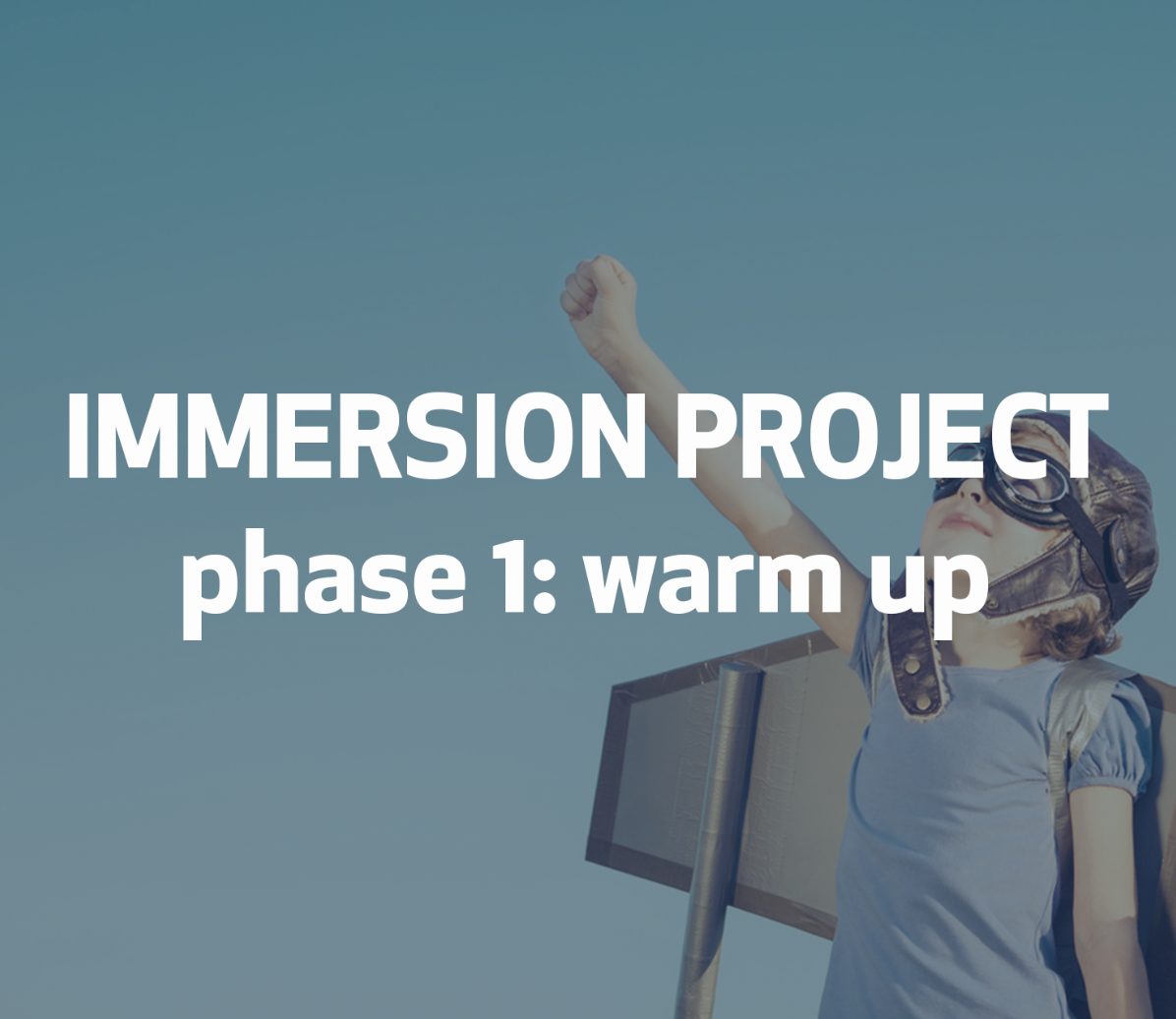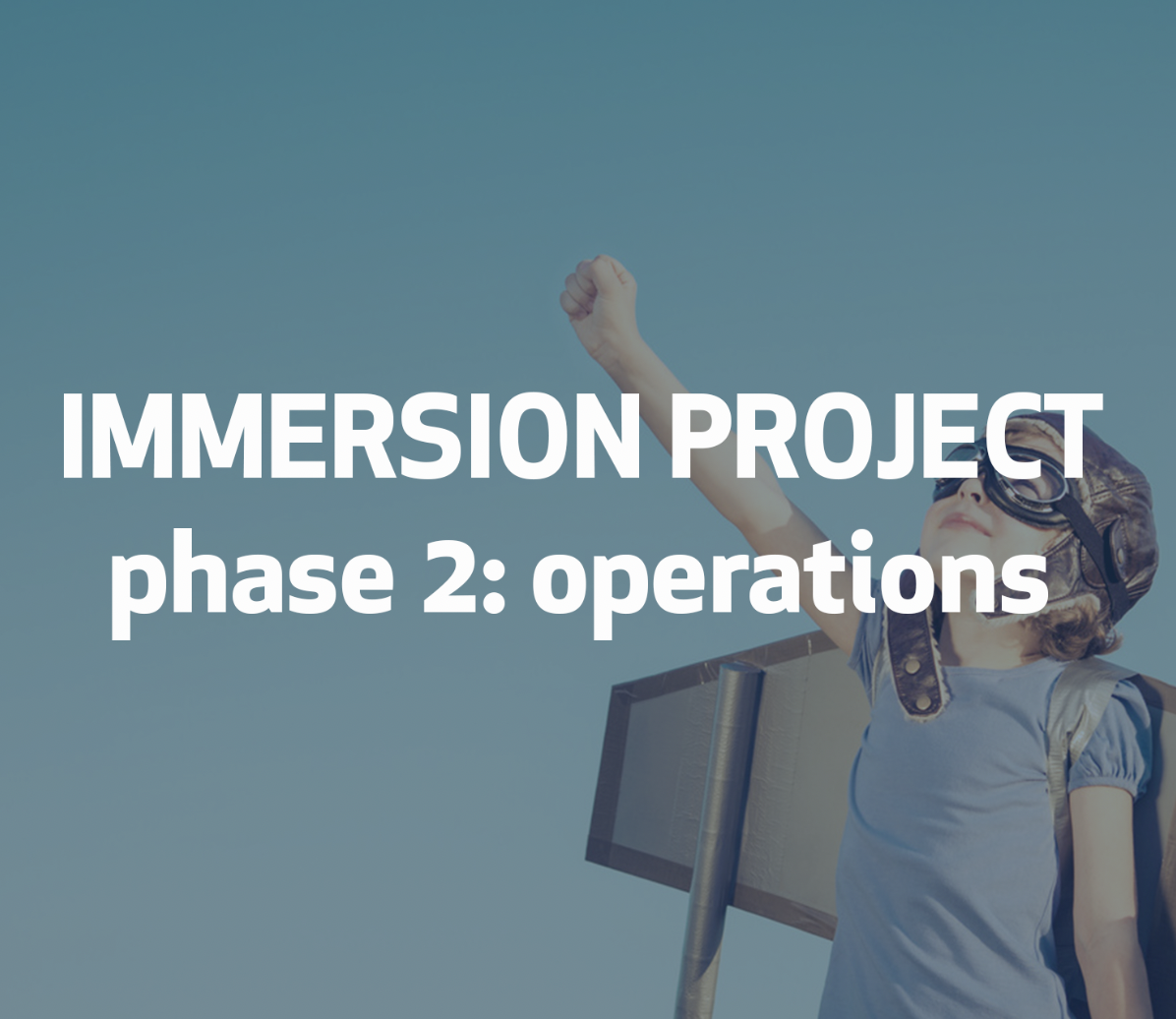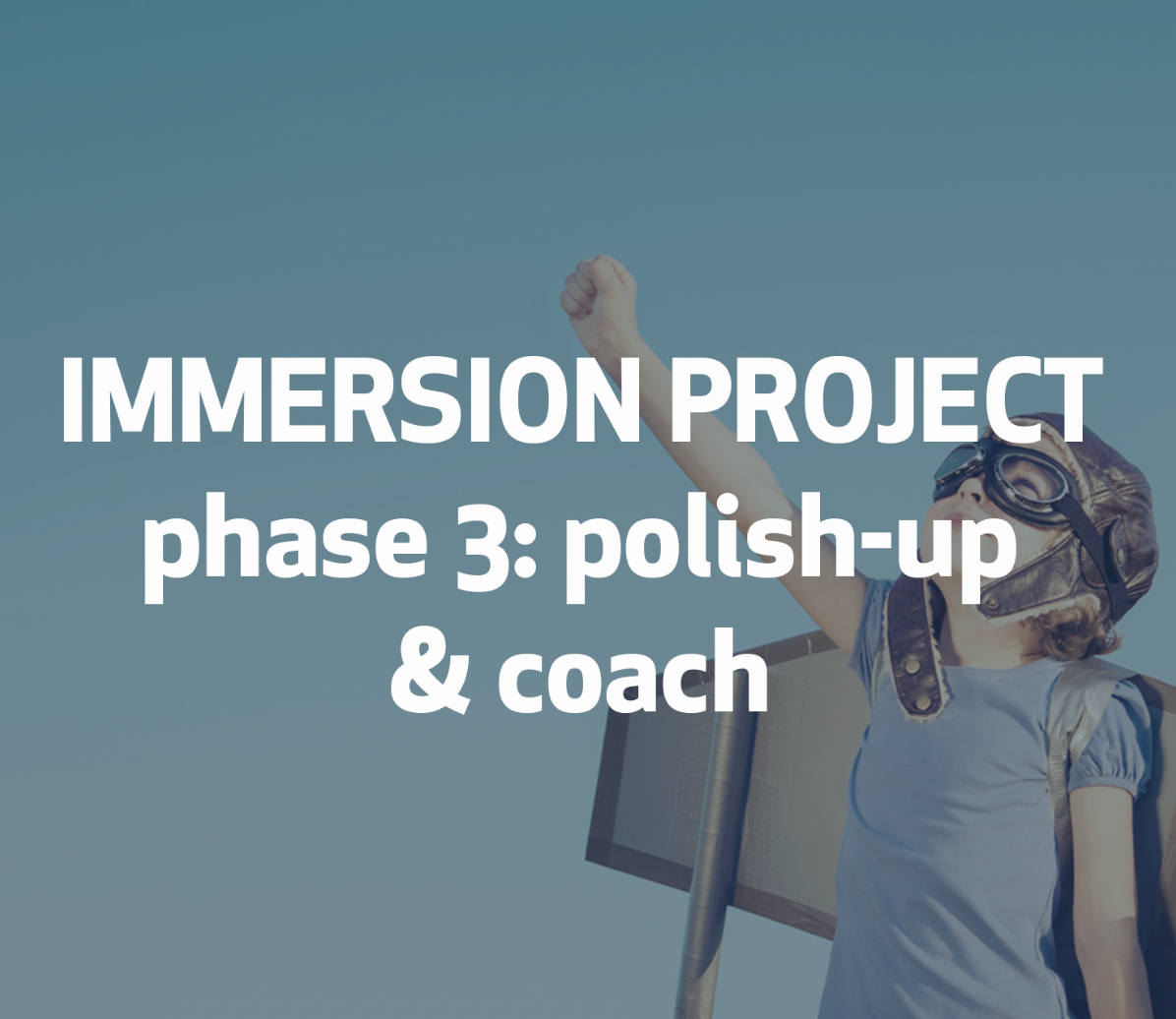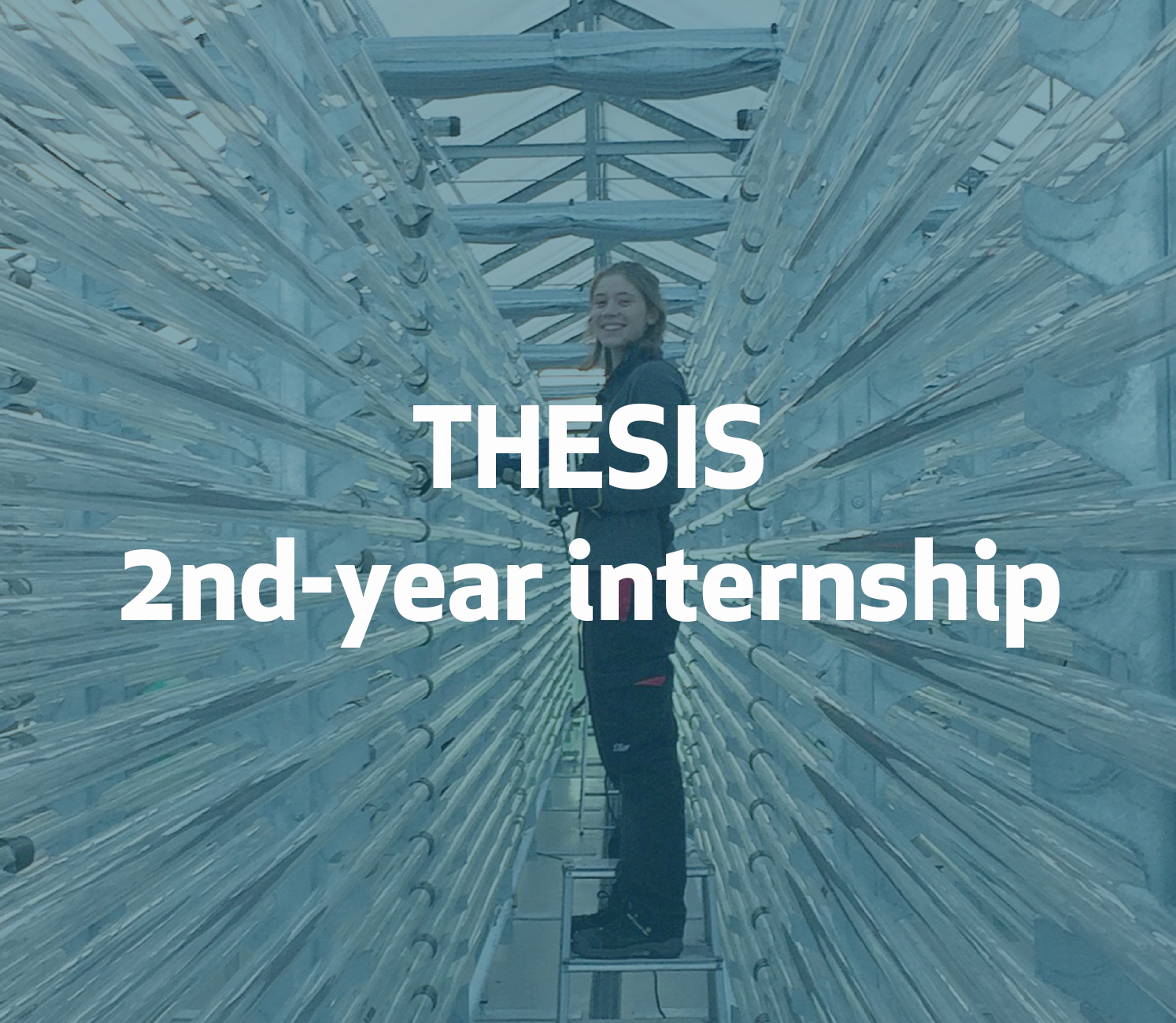MSc Ocean Science, Conservation & Innovation
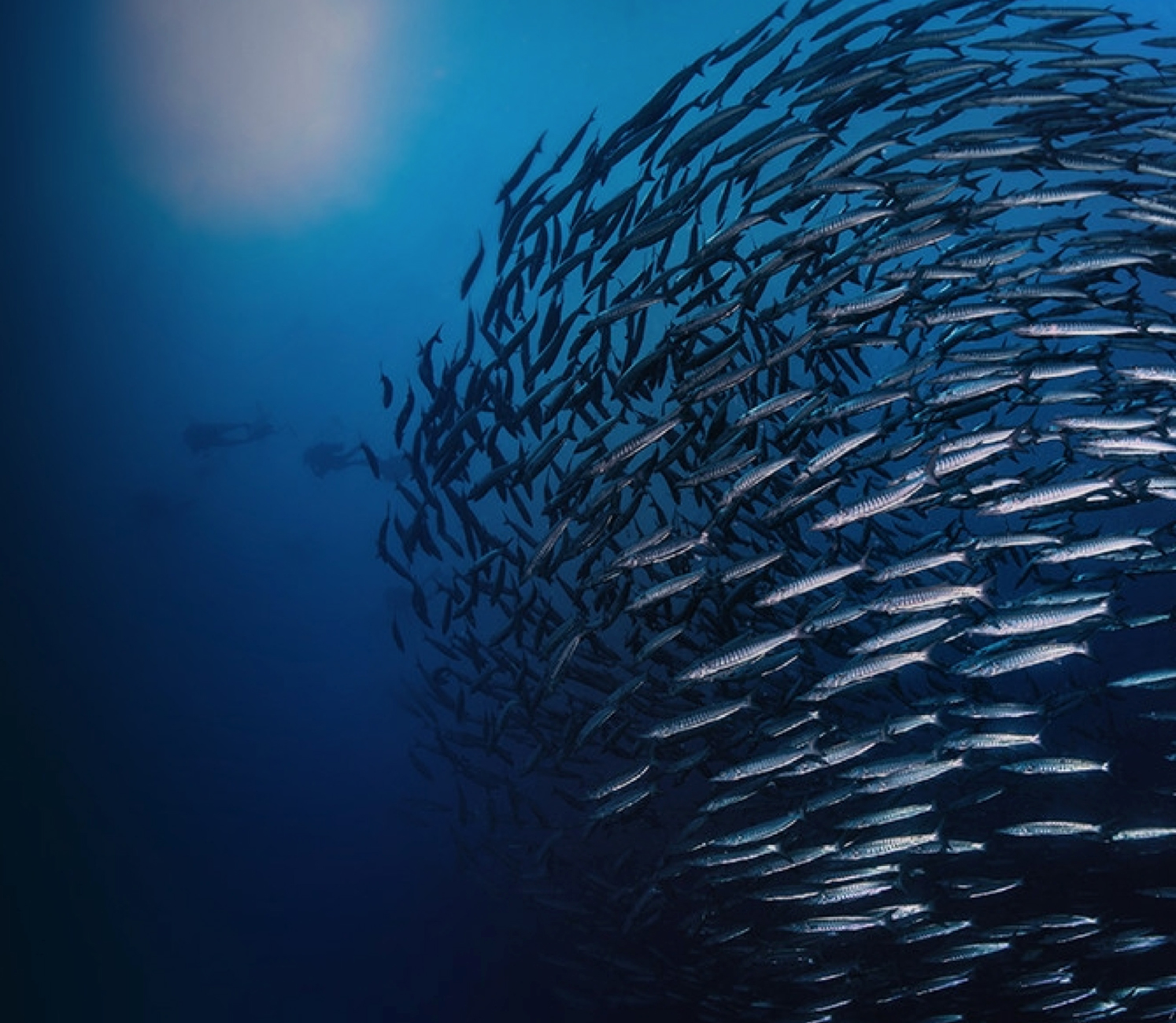
FIREBAC offers insights into fisheries' scientific and socio-economic facets, covering the biology and ecology of exploited species, fishing gears, techniques, monitoring, effects on marine ecosystems, socio-economic impacts of global changes, and aquaculture and aquariology's role in food and research. Students interact with professionals from small-scale to industrial fishing sectors.
program: Science & Society
code name: FIREBAC
module family: #Marine Biology #Science & Society
credits: 6 ECTS
semester: Fall (semester 3)
UN Sustainable Development Goals:
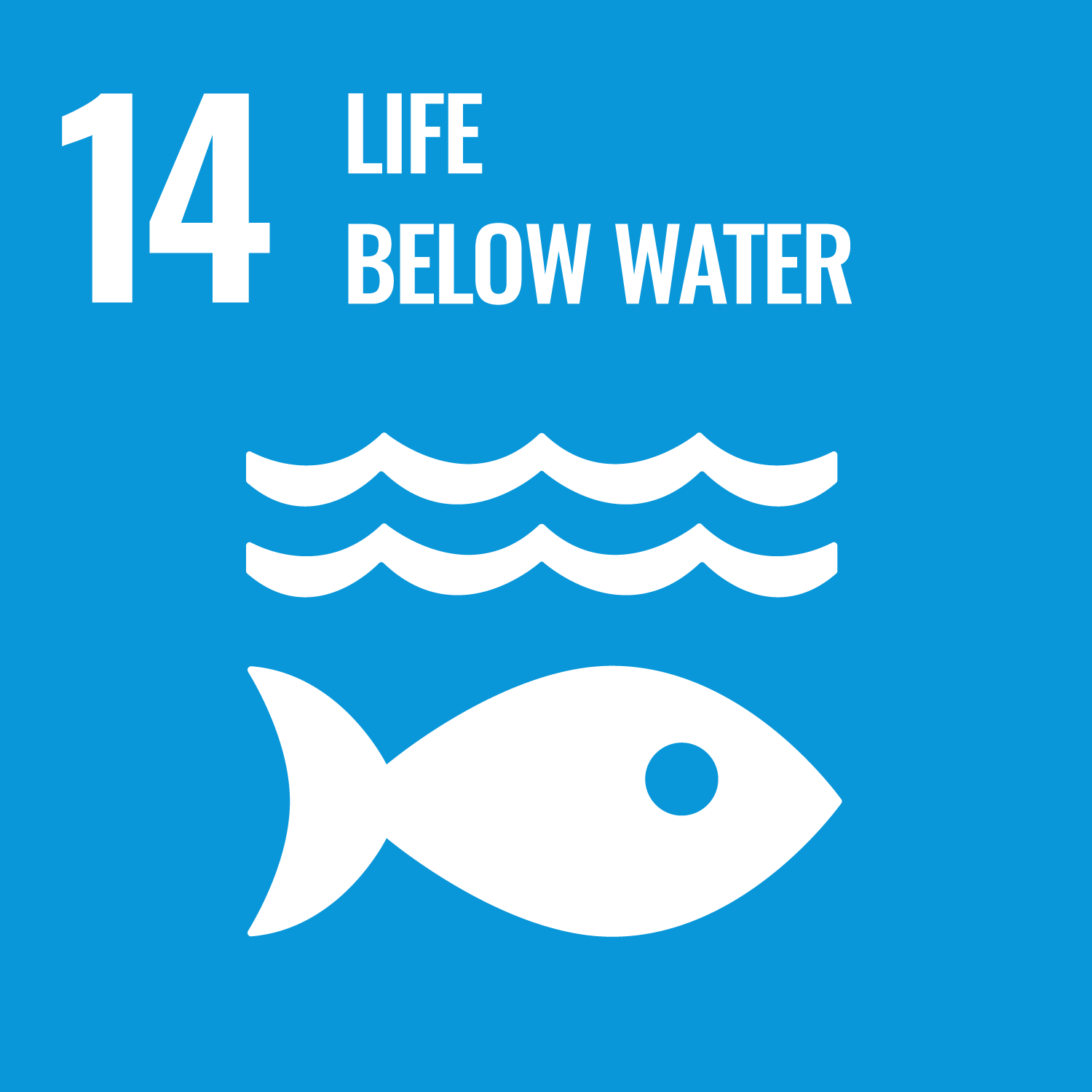
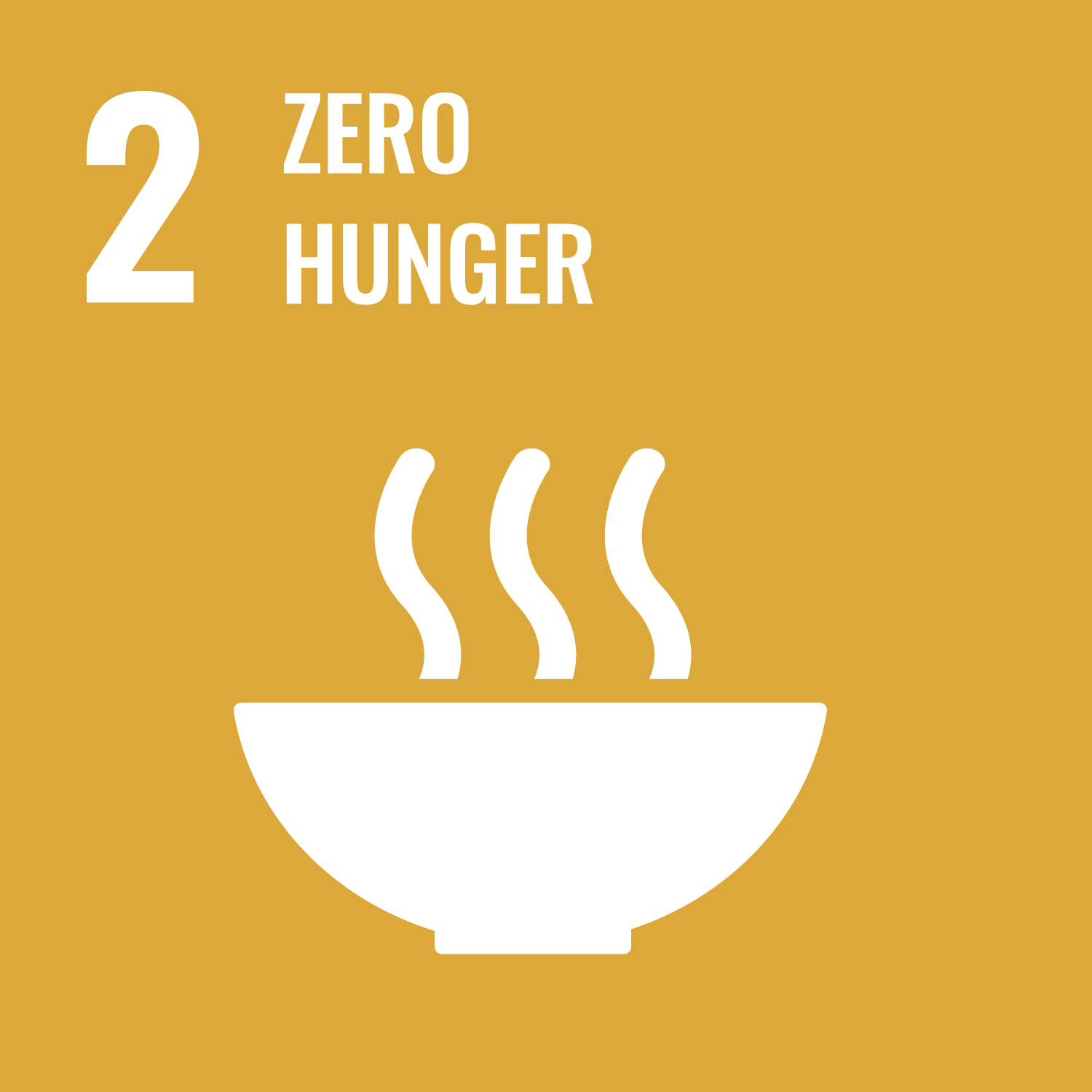
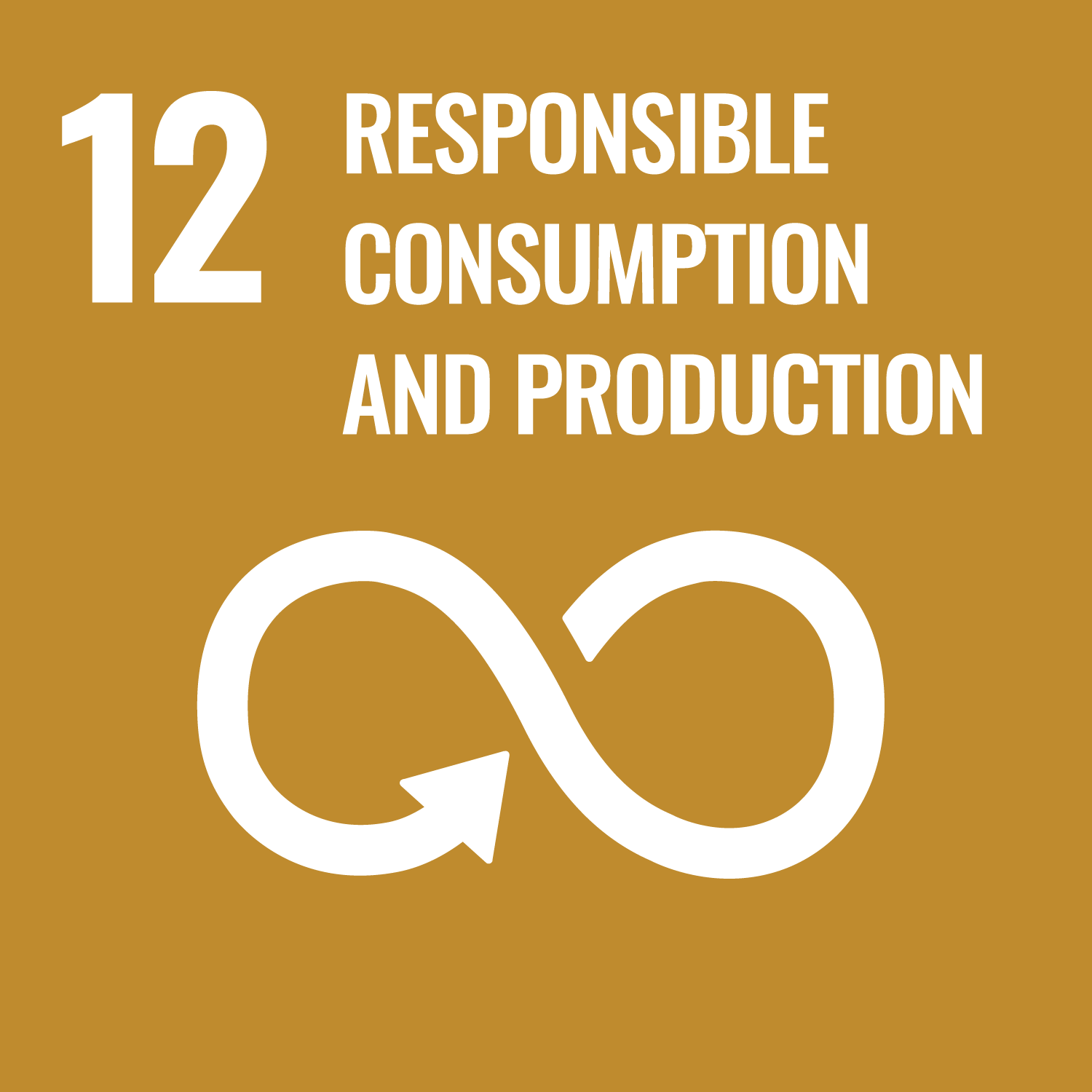
LEARNING OUTCOMES
Students should
- understand the fundamental biology of nekton, including adaptations and feeding modes specific to marine fish and other nektonic organisms
- acquire knowledge of fisheries science, focusing on the ecology, management, and sustainability practices within fisheries
- analyze population dynamics to manage fish stocks sustainably, including factors affecting dispersal and connectivity of marine organisms
- develop skills in numerical modeling of fish larvae dispersion to predict and manage fish populations effectively
- assess the health quality of fisheries products, understanding the regulations and practices that ensure seafood safety
- evaluate the socio-economic impacts of fisheries and global changes on local communities and the broader maritime economy
- interact with professionals across the fisheries sector, from small-scale fishermen to industrial operations, to gain practical insights and local knowledge
- explore different aspects of aquaculture, including its role in food security and the potential for sustainable practices in fish farming
- understand the use of aquariology in scientific research, including techniques used in the cultivation and study of aquatic organisms
- gain firsthand experience of different practices and technologies through visits to various fisheries-related sites such as fish farms, oyster farms, industrial fishing markets, and research centers
- reflects their comprehensive understanding and practical experiences throughout the course
TOPICS
- Fundamentals of nekton biology
- Adaptions and feeding modes
- Marine types of fish
- Fisheries science
- Fisheries ecology
- Gears and techniques
- Population dynamics management
- Dispersal & connectivity
- Dispersal of the early life stages of marine organisms
- Numerical modeling of fish larvae dispersion
- Seafood safety
- Health quality of fisheries products
- Fisheries & fishermen
- Local knowledge acquisition from small scale fishermen (practical workshop)
- Visit of an industrial fishing market (Criée de Sète)
- Aquaculture for food
- Overview of aquaculture opportunities
- Visits of a fish farm (Cannes), an oyster farm (Thau) and a research center developing innovative techniques (IFREMER Palavas)
- Aquariology for science
- Historical framework
- Techniques
- Visit of a research center (Université Côte d'Azur)
INSTRUCTORS
- Aldine Amiel (IRCAN, Université Côte d'Azur)
- Juliette Armeni (Pole Mer Méditerranée)
- Marie-Yasmine Dechraoui Bottein (ECOSEAS, Université Côte d'Azur)
- Benoit Dérijard (ECOSEAS, Université Côte d'Azur)
- Eric Durieux (Stella Mare, Université de Corse)
- Robin Faillettaz (IFREMER Lorient)
- Julie Marty (ECOSEAS, Université Côte d'Azur)
- Christophe Mocquet (Université Côte d'Azur), module coordinator
- Guest speakers (panels)
ASSESSMENT
- Quiz on fundamentals
- Fisheries management workshop
- Larval migration modeling workshop
- Module portfolio
- Final examination

















